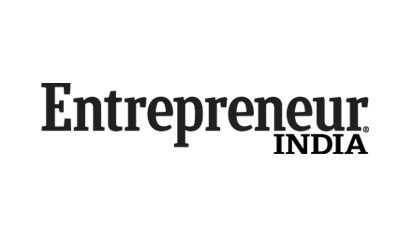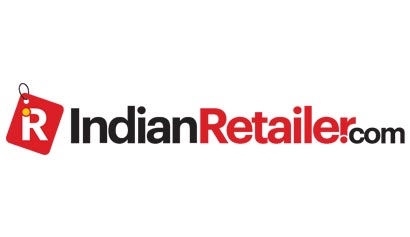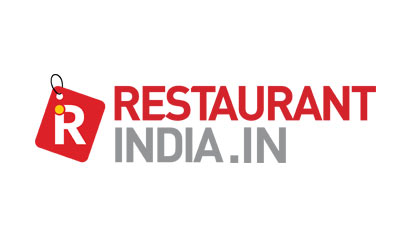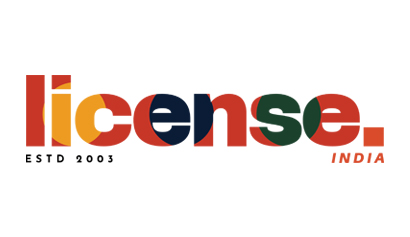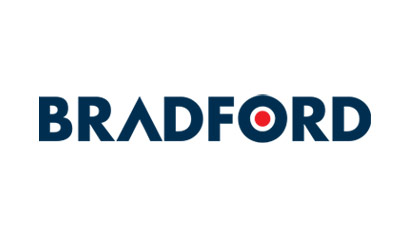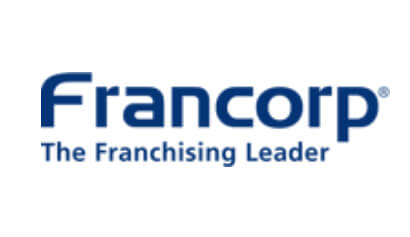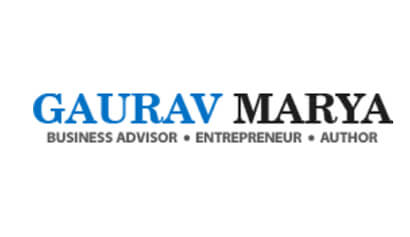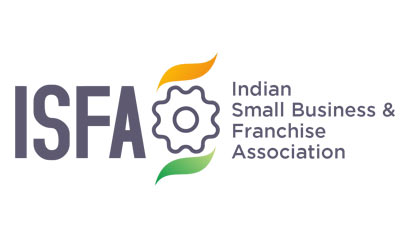To get access to over 10000+ Franchise Business Opportunities.
Network with the growing Business Community to get expert interventions to let you learn to Grow & Expand your Business with Franchising.
Just like pizza, burger or any other fast food brand, ice cream is also fast turning into a snacking option in India. The ice cream industry has witnessed a sea change in the recent past as it has moved ahead from traditional flavours like vanilla, chocol
Ice-cream, as a category, has been growing at a healthy CAGR of 10-15 per cent.
Its healthy growth has provided a platform to many international and national players to spread their flavours in the industry. National operators like Amul and Mother Dairy along with international players like Baskin Robbins occupy the center stage circled by many regional operators. Amul is the market leader in the ice-cream category making up an almost one-third of the market, followed by Hindustan Unilever (Kwality Wall’s) and Mother Dairy, says a study published in Technopak, a management consulting firm.
Speaking to The Franchising World, R S Sodhi, Managing Director of the Gujarat Cooperative Milk Marketing Federation Ltd, maker of Amul brand products, says, “The ice cream industry in the country is quite at a matured level now and is also growing by a good 10 per cent to 15 per cent per annum.”
“As the industry is getting matured we see the future to be led by more functional variants of ice-creams. One would now find icecreams catering to specific segments and would include Probiotic Range, Sugar Free Range, Richer Ice-creams with higher fat contents, Luxury and Premium Take Home range among others. Thus players seeking to acquire firm footing in the market would need to be more innovative in their offerings and would also have to reach out to the places which were subserviced erstwhile,” he adds further.
Rohan Mirchandani, CEO, Drums Food International that runs Hokey Pokey ice cream brand, expressed similar views, “The premium segment of the Indian ice cream industry is estimated to be growing at a rate of approximately 25 per cent CAGR. The per capita consumption of ice cream in India is approximately 300 ml, as against the world average of 2.3 litres per annum, showing an untapped potential in the Indian market. Development in infrastructure through distribution and cold chain logistics has given rise to the ice cream manufacturing industry.”
On the other hand, frozen yogurt industry is growing at a slow pace. On this, Rahul Deans, CEO, Cocoberry, says, “The industry is still at a nascent stage. There are barely 75 outlets across India, across 20 odd brands, of which we have 31. The category has seen a lot of churn. After a large number of players entered the market in 2012, several have exited or scaled down their ambitions, but new players have entered. I expect the frozen yogurt category to show strong growth over the next few years.” Apart from these, the foreign concept of gelato and sorbet are trying hard to establish their market as well as their clientele in India.
Business prospects:
Baskin Robbins, one of the largest chains of ice-cream specialty shops, entered India in 1993 through a joint venture with The Graviss Group. On its franchise journey in India, Sanjay Coutinho, Chief Executive Officer, Baskin Robbins, says, “Considering we are a franchise run business, we are focusing on expanding within our top 18 cities (ice strategy) and increase the density of parlours within these cities. We plan on opening 150 new stores in the next one year via the franchise route.”
While Pabrai's Fresh & Naturelle ice creams, famous for its 100 per cent natural ice cream, started franchising in 2010 and currently has over 20 franchise and ten company-owned units pan- India.
Kunal Pabrai, Partner of the brand, says: “We are looking for a franchise partner to expand our services in India. We are searching for people who have time, inclination and energy to share the same vision as we have.”
The leading ice-cream brand of the country- Amul- is also riding high on the success of franchise bandwagon.
Real estate: a challenge to grow
Towering real estate prices and acquiring the land for setting up an ice cream store or a plant is a major challenge for the investors. In major towns like Delhi, Bangalore, Chennai, Mumbai and Ahemdabad, where business interests are very high but the real estate costs and infrastructure remain the major factors.
On this aspect, R S Sodhi shares, “We are witnessing huge developments in real estate across the country. However, the pricing is an issue. Ice-cream retailing or any retailing business has to go through long waiting periods before they stabilise and become a viable proposition. The mantra of the successful retailing till today is offering high value for money to the consumers while fetching high volumes to offset the lower margins. The retailing initiatives would only be able to offer low margins and thus irrational real estate prices can become quite an impediment.”
Rahul Deans too finds it a big challenge for the industry. “It is particularly a challenge in India (across all formats) where poor urban planning has meant that rent/sales ratios are possibly the highest in the world, particularly in Mumbai and NCR. There is also a high failure rate of malls and the fragmented nature of the real estate industry, which increase the challenge.”
Five dos and don’ts for franchisees
Dos for franchisees
Visit similar outlets to understand their sales, costs and operating problems.
Be prepared for long hauls and a waiting period
Research about the franchisor well.
Remember the brand has an expertise in product and service while you have the local area knowledge that the brand doesn't have.
Staff is key to success, treat them as you would a family member.
Don'ts for Franchisees
Not to treat franchising as just another passive investment
Not to trivialise the importance of following best practices prescribed by the parent brand
Get into the category because it's the current fad.
Don't be hands off. You need to understand every detail of the business.
Cut corners on safety, food laws, employee wages etc.
Highlights-
Amul is the market leader in the ice-cream category making up an almost one-third of the market, followed by Hindustan Unilever and Mother Dairy, adds the report.
The Indian yogurt market is valued at an estimated Rs 1000 crore, or USD 182 million
Vanilla, strawberry, butterscotch and chocolate flavours constitute around 80 per cent of the total market
Average fat content in ice creams: Premium- 16%, Regular- 12%, Medium- 9%, Low- 6%
Total market size (organised+unorganised) - Rs 3,000 crore
Annual per capita consumption in the US: 23 litres
Annual per capita consumption in India: 350 ml


Business Opportunities
Browse By Investment Range
Browse By States
Popular Cities




